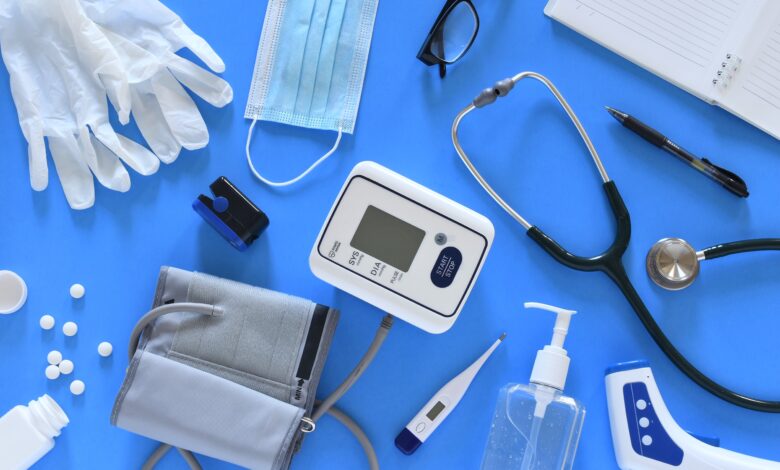How Accurate Are Home Medical Devices? Choosing the Tools

How Accurate Are Home Medical Devices? A Guide to Choosing the Right Tools for Better Health Monitoring
With the rise in popularity and visibility of at-home health monitoring, more people are using devices like blood pressure monitors, pulse oximeters, and thermometers to track their well-being. These tools offer convenience and can help detect early signs of illness, but how reliable are they? Choosing the best home medical device means more than just picking the most affordable option online. Here’s what to look for.
Why Licensing Matters
In Canada, medical devices are regulated by Health Canada and classified into four risk levels. Devices like blood pressure monitors, glucose meters, and hearing aids fall into Class II, III, or IV, meaning they must have a valid Canadian Medical Device Licence. This licensing ensures the product has met rigorous standards for quality, safety, and effectiveness.
Unfortunately, many online listings bypass this requirement. Buying a device without a licence could mean you’re using a product that doesn’t meet Canadian standards—or worse, has been recalled, is counterfeit, or was stored improperly.
Risks of Unverified or Used Devices
When shopping on non-verified websites, it’s easy to fall for deals that seem too good to be true. You might receive a device that looks authentic but lacks official licensing or quality assurance. In some cases, devices are stored in unsafe conditions, such as extreme heat or cold, which can compromise their functionality.
Used medical devices bring their own set of problems: missing parts, no warranty, and hygiene concerns. These devices could also be calibrated incorrectly or damaged, resulting in inaccurate readings.
The Danger of Inaccurate Readings
Inaccurate health data can lead to serious consequences. For example, if a faulty blood pressure monitor gives a low reading, you might skip necessary medication. A malfunctioning pulse oximeter could mislead you into thinking your oxygen levels are safe when they’re not. Even thermometers can give false reassurance or unnecessary panic if they aren’t reliable.
These errors not only affect your health directly but may also cause confusion or mistrust in your treatment plan. Always consult with your healthcare provider before choosing a device to ensure it aligns with your medical needs and conditions.
Red Flags to Avoid
Watch out for sellers that offer vague product descriptions, fail to display licensing information, or make bold claims like “miracle cures.” Lack of transparency is a major warning sign. Make sure the product packaging and documentation match what’s being advertised, and that the device comes from a trusted source.
Shop for the Best Home Medical Devices and Validated Health Monitoring Tools Online
Are your home medical devices giving you the right info, or putting your health at risk? Don’t take chances. Discover how to spot unsafe tools and the best home medical devices like trusted, clinically validated monitors and thermometers online.




